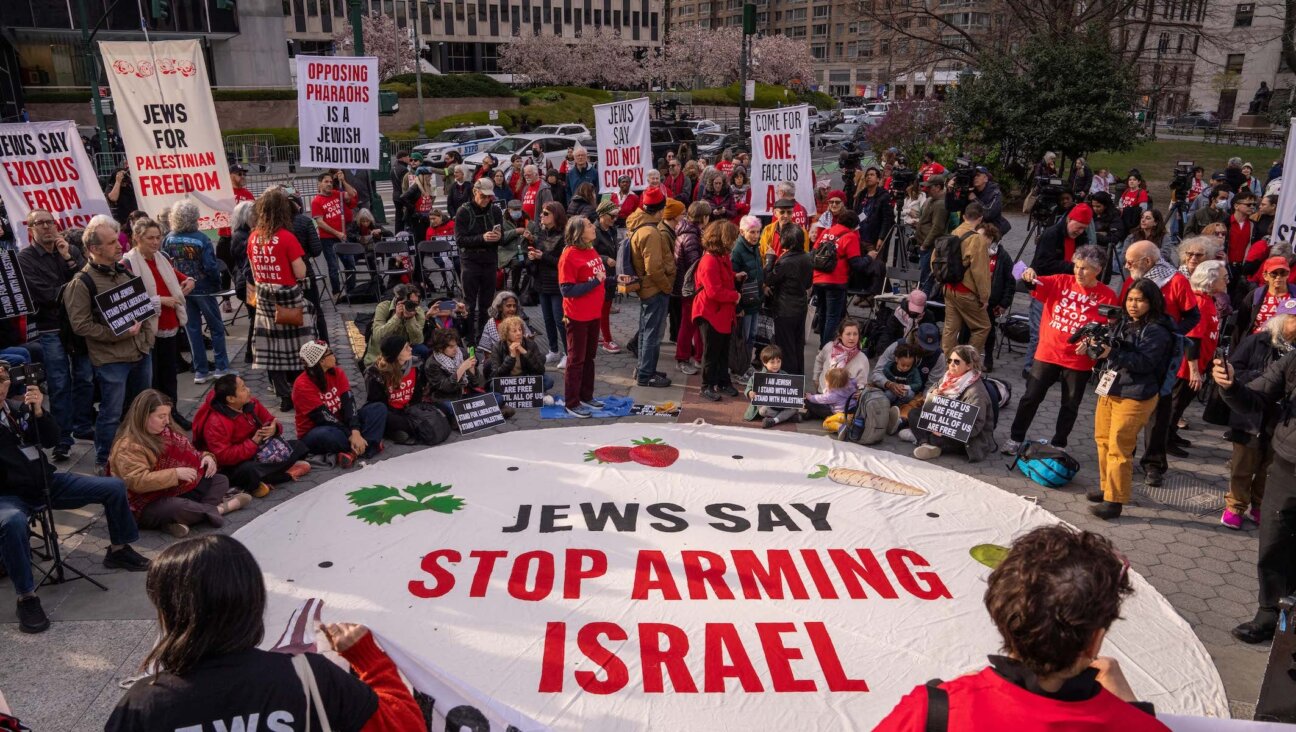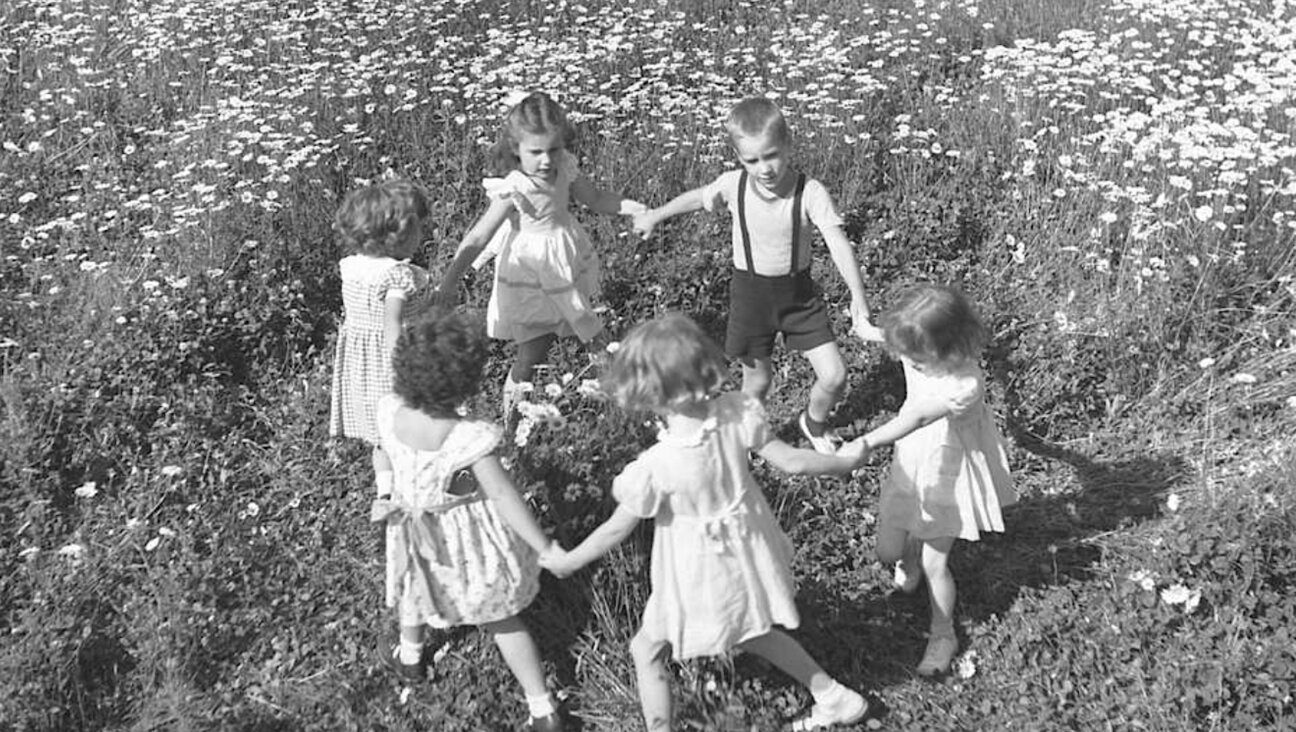JDC Boss: Israelis Are Vulnerable
NEW YORK — In Nazareth Ilit, situated high atop a mountain in the heart of Israel’s northern region, the town’s mayor has refused to shut down the municipal government, despite the steady barrage of rocket attacks that have besieged the area over the past three weeks.
Rather than close the doors of City Hall, the mayor of this Lower Galilee town — population 50,000 — has transformed the concrete parking garage beneath the building into a day care center for the children of city workers.
When leaders of the American Jewish Joint Distribution Committee — the overseas arm of Jewish charitable federations in North America charged with carrying out relief efforts on the ground in Israel — visited the bombproof child care center earlier this week, they were met with panicked cries. “Oh, no, more rockets are falling,” the children said, believing that any visit from outsiders must signal the worst.
“The terror of this conflict has impacted Israeli society and the most vulnerable in a way I’ve never seen,” said Steven Schwager, executive vice president of the JDC, describing the fear that has gripped the region’s residents since July 12, when war with Hezbollah broke out. Since then, more than 600,000 inhabitants of northern Israel have faced daily assaults by Katyusha rockets, launched by Hezbollah fighters operating from southern Lebanon.
Schwager and seven lay leaders from the 92-year-old international aid organization spent the week visiting both Jewish and Arab towns across northern Israel in an effort to assess the human impact of the current war. Most heavily impacted, Schwager said, are those left behind — the elderly and the poor — who are crowded into sweltering, windowless bomb shelters or risking their safety by choosing to remain in their homes.
Of the million or so residents in the north, about 330,000 have left their homes, seeking refuge in the center of the country, where Hezbollah rockets have yet to reach. Those who have left the region are, for the most part, the economically well off, who can afford to flee and have places to stay, whether it be with relatives and friends or in hotels. The beachfront hotels in the resort town of Eilat, for example, have been at full capacity since the war broke out.
In such towns as Carmiel, Ashkelon and Nahariya, and in the beachfront city of Haifa, tiny bomb shelters, measuring no more than 20 feet by 20 feet, are packed with somewhere between 40 and 60 people, among them small children. Most haven’t left their underground safe havens for 22 days. Outside, streets are deserted, and stores and gas stations are closed. These once vibrant communities have the eerie feel of ghost towns, said Schwager, whose organization is distributing food, mattresses and toys to the shelter’s beleaguered inhabitants.
But in Arab villages, where there are no bomb shelters, residents are forced to wait out the war from their homes. In keeping with its mission to provide relief to all Israelis, the JDC is providing food, as well as games, for children to 13 Arab villages.
In each of 10,000 emergency kits that the JDC has distributed to the elderly is a note — written either in Hebrew, Arabic or Amharic, depending on the language of the village — inscribed with a simple message: “You are not alone.”
















